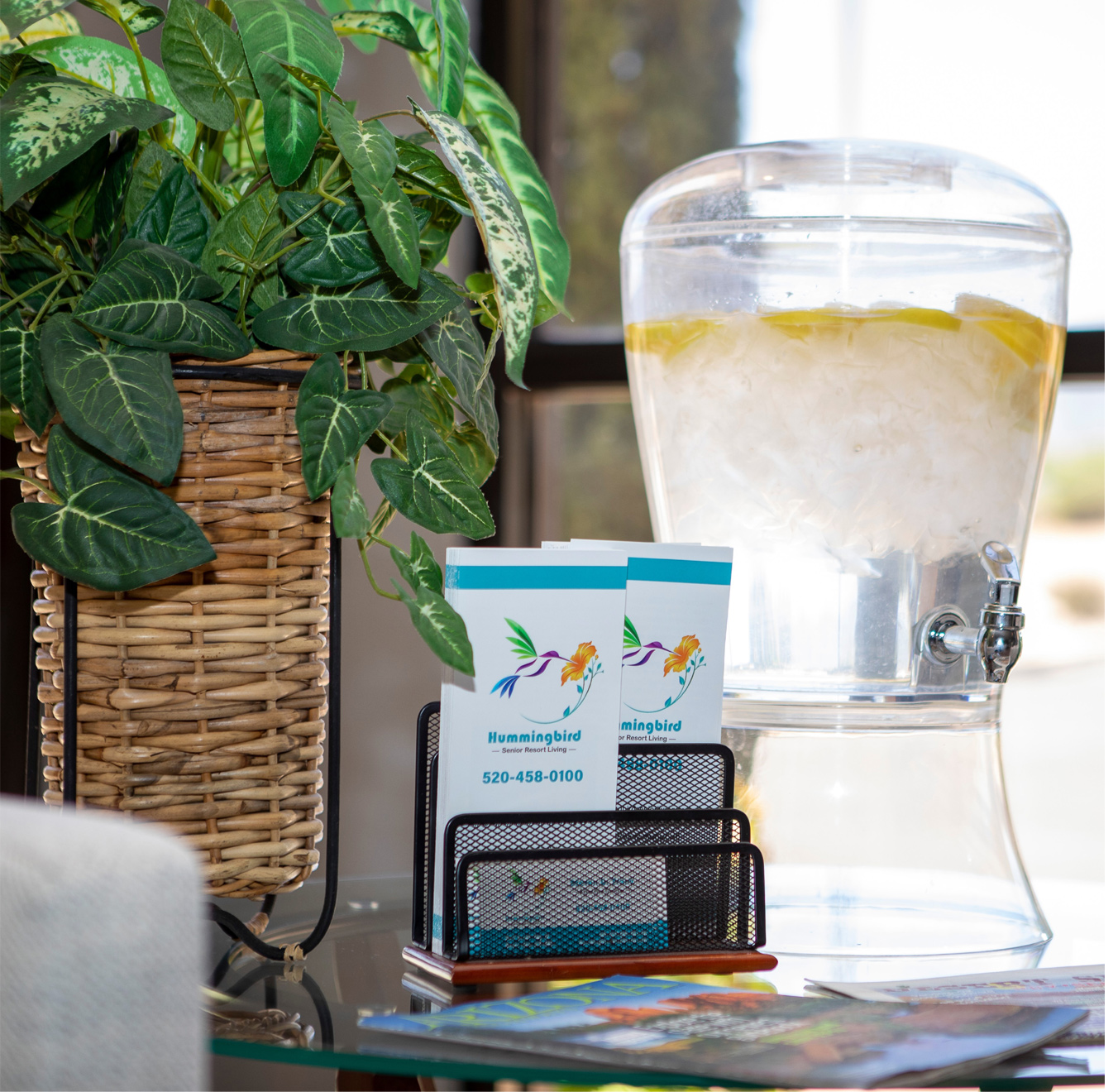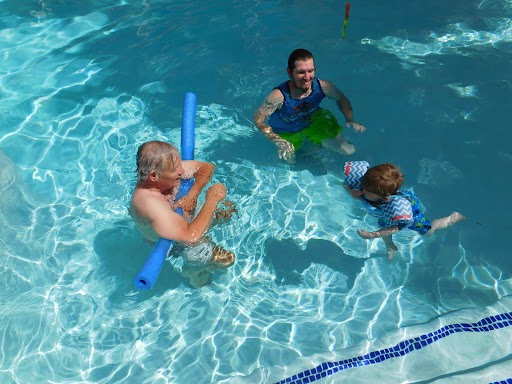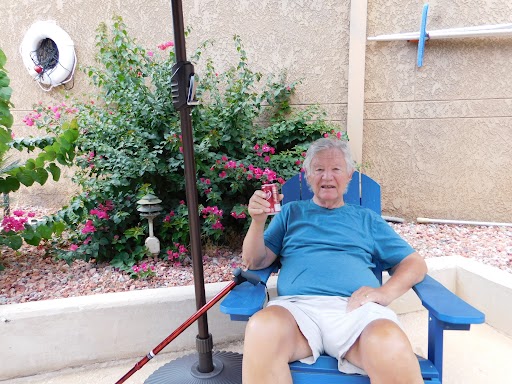Tips to Stay Safe in Hot Weather

As the scorching heat of summer settles in, it’s essential to take extra precautions to protect yourself and your loved ones, especially when it comes to heat-related illnesses. While we all enjoy the warmth and sunshine, extreme temperatures can pose serious health risks and it’s crucial to be aware of the measures you can take to keep yourself safe from scorching heat and comfortable.
Things You Can Do to Lower Your Risk of Heat-Related Illness
- Drink plenty of liquids, such as water, fruit or vegetable juices, or drinks that contain electrolytes. Avoid alcohol and caffeinated beverages. If your doctor has told you to limit your liquids, ask what you should do when it is very hot.
- If you live in a home without air conditioning or fans, try to keep your space as cool as possible. Limit use of the oven; keep shades, blinds, or curtains closed during the hottest part of the day; and open windows at night.

- If your living space is hot, try to spend time during midday in a place that has air conditioning. For example, go to the shopping mall, movies, library, senior center, or a friend’s home. You may also contact your local health department or city to find out if they have air-conditioned shelters in your area.
- If you need help getting to a cooler place, ask a friend or relative. Some religious groups, senior centers, and Area Agencies on Aging provide this service. Search the Eldercare Locator to find services in your area. You could also consider taking a taxi or other car service or calling your local government to see if they offer senior transportation. Don’t stand outside in the heat waiting for a bus.
- Dress for the weather. Wear lightweight, light-colored, loose-fitting clothing. Natural fabrics such as cotton may feel cooler than synthetic fibers.
- Avoid outdoor exercise and other physical activity when it is very hot. Instead, try to find someplace you can be active while staying cool indoors.
- If you must go outside, try to limit your time out and avoid crowded places. Plan trips during non-rush-hour times.
- Make sure to use a broad-spectrum sunscreen, SPF 15 or higher, and reapply it throughout the day, especially if your skin will have continuous exposure to the sun. Wear a hat and other protective clothing, and sunglasses. If you do get sunburned, stay out of the sun until your skin is healed, and use cool clothes and moisturizers to treat the affected area.
- Ask your doctor if any of your medications make you more likely to become overheated or sunburned.
Key Points to Hot Weather Safety
Older people can have a tougher time dealing with heat and humidity. The temperature inside or outside does not have to be high to put them at risk for a heat-related illness. Headache, confusion, dizziness, or nausea could be a sign of a heat-related illness. Go to the doctor or to an emergency room to find out if you need treatment.
To keep heat-related illnesses from becoming a dangerous heat stroke, remember to:
• Get out of the sun and into a cool, ideally air-conditioned place.
• Drink fluids but avoid alcohol and caffeine.
• Shower, bathe, or sponge off with cool water.
• Lay down and rest.




